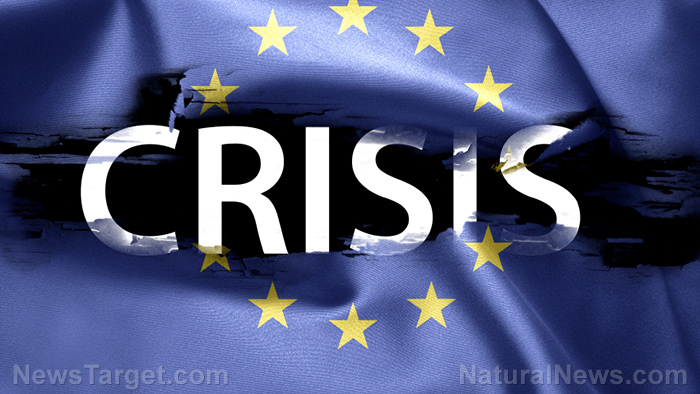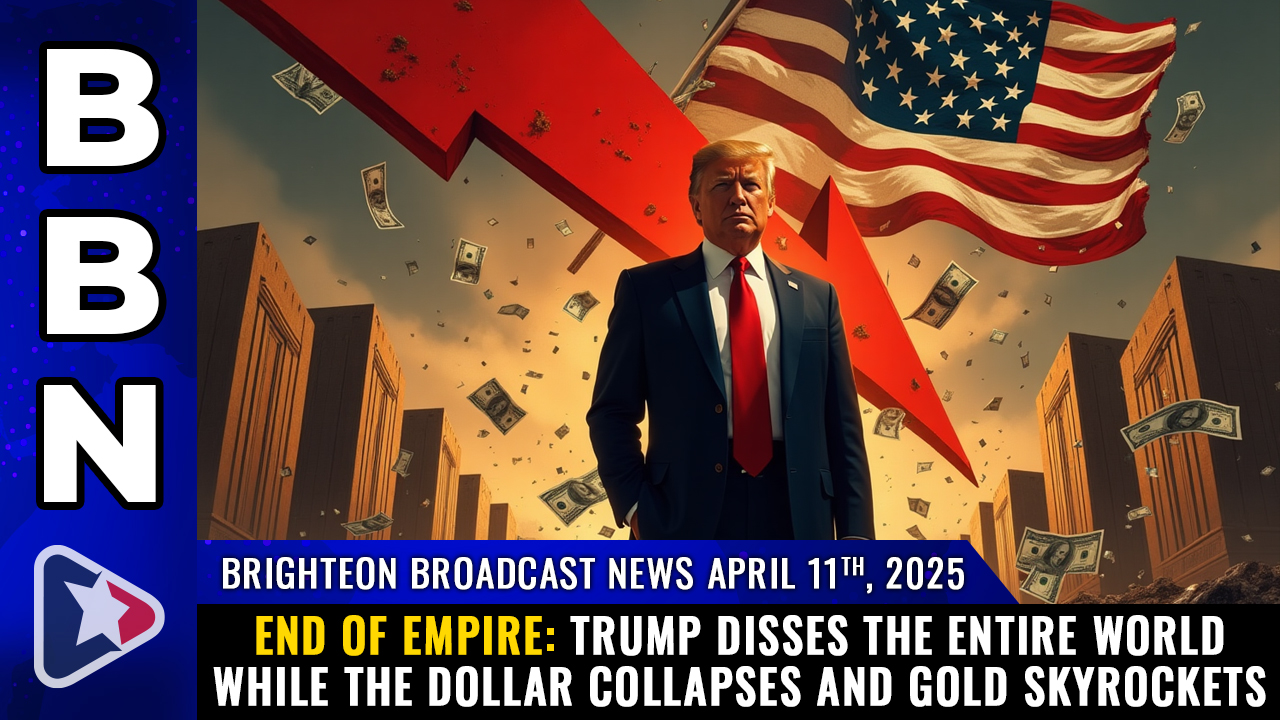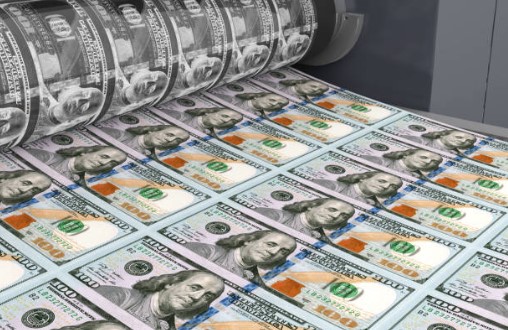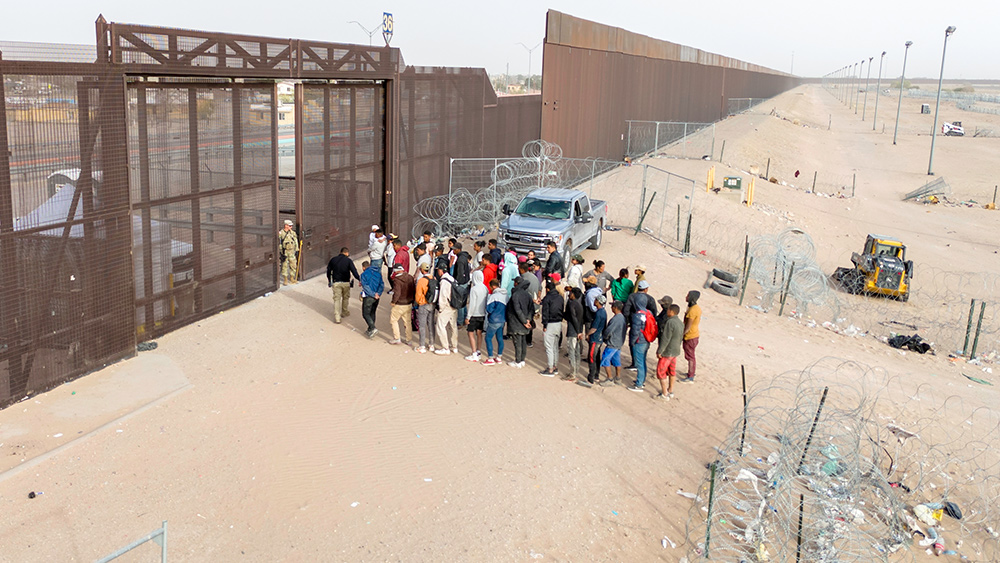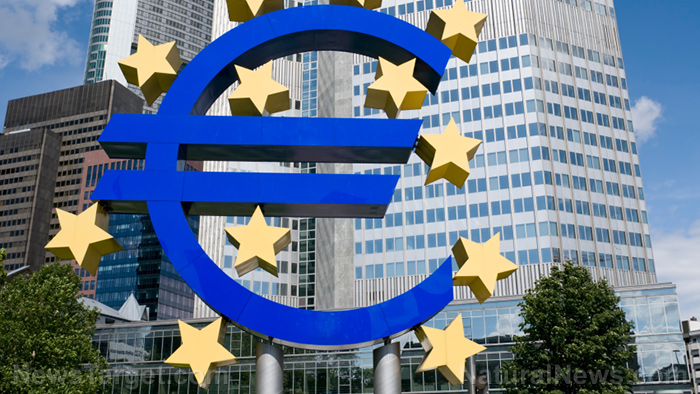
- President Trump imposes sweeping tariffs of up to 50% on EU goods, calling them a correction for unfair trade practices.
- The EU threatens countermeasures but reveals economic reliance on the U.S. as 70% of its exports face new tariffs.
- Trump rejects EU negotiation offers, framing tariffs as permanent unless Europe capitulates to U.S. demands.
- Europe’s retaliatory measures are scaled back due to internal divisions and fear of further escalation.
- The standoff risks global market instability, with the EU pressured to either concede or face prolonged economic pain.
The escalating trade battle between the U.S. and the European Union hit a boiling point this week as President Donald Trump imposed sweeping tariffs of up to 50% on EU goods, declaring an end to decades of what he calls “unfair” trade practices.
The EU, scrambling to respond, has threatened “robust countermeasures” while pleading for negotiations—a move that reveals Europe’s economic reliance on American consumers. With Trump refusing to back down and the EU preparing retaliatory tariffs, the clash threatens to derail global markets and reshape international trade dynamics.
A long-overdue correction
Trump’s “Liberation Day” tariffs, announced last week and taking effect April 9, impose a blanket 20% duty on nearly all EU imports, targeting industries from automobiles to steel. The president framed the move as a necessary corrective to years of imbalance, citing the EU’s 39% average tariff on U.S. goods and $200 billion in annual value-added taxes burdening American firms. “It was formed to really do damage to the United States in trade,” Trump said bluntly in the Oval Office, dismissing the EU’s “zero-for-zero” tariff proposal as insufficient.
EU’s panicked response
European Trade Commissioner Maroš Šef?ovi? admitted the bloc is in a “tough spot,” with 70% of its exports to the U.S.—worth $410 billion—now facing steep tariffs. Brussels initially drafted $28 billion in retaliatory duties but scaled back after internal dissent, dropping targets like bourbon and wine to avoid provoking Trump further. “We’ve been listening very carefully to our member states,” Šef?ovi? conceded, signaling disunity.
The EU’s countermeasures, set for April 15 and May 15, are a fraction of what the U.S. wields. As German Economy Minister Robert Habeck noted, “The stock markets are already collapsing and the damage could become even greater ... America is in a position of weakness.” However, Europe’s leverage is limited. Its proposed “Anti-Coercion Instrument,” which could restrict U.S. services, was labeled the “very much the nuclear option” by Ireland’s foreign minister, highlighting fears of escalation.
Negotiate or surrender?
President Trump has made it clear that tariffs are not a bargaining chip but a permanent tool unless Europe capitulates. “We’re not looking at [negotiations],” he said, rejecting the EU’s offer to eliminate industrial fees. Meanwhile, European Commission President Ursula von der Leyen lamented the tariffs as a “major blow to the world economy.”
Critics argue the EU’s rhetoric rings hollow. The bloc’s 10% tariff on U.S. cars and barriers to American agriculture contradict its free-trade posturing. “They don’t take our cars, like Japan in that sense. They don’t take our agricultural product; they don’t take anything practically,” Trump challenged.
With Trump unyielding and the EU’s retaliation fragmented, the stalemate risks deepening economic pain. Elon Musk’s call for a U.S.-EU free-trade zone remains distant, given Europe’s protectionist history. For now, Trump’s message is clear: The era of American passivity is over. “This is America First,” he asserted. “There can be permanent tariffs, and there can also be negotiations.”
As markets brace for turbulence, the EU’s outrage only underscores how much it needs the U.S.—and how far it’s willing to go to avoid an honest reckoning. The ball is in Europe’s court. Whether it chooses fairness or futility will define the next chapter of global trade.
Sources for this article include:
Please contact us for more information.









